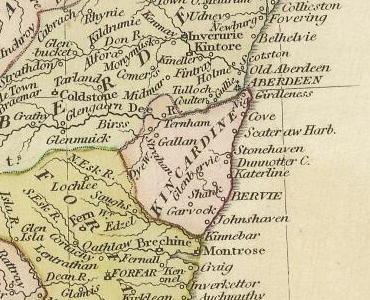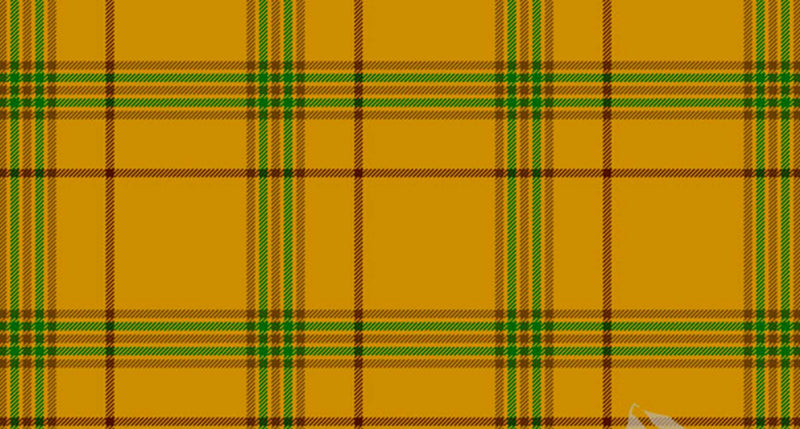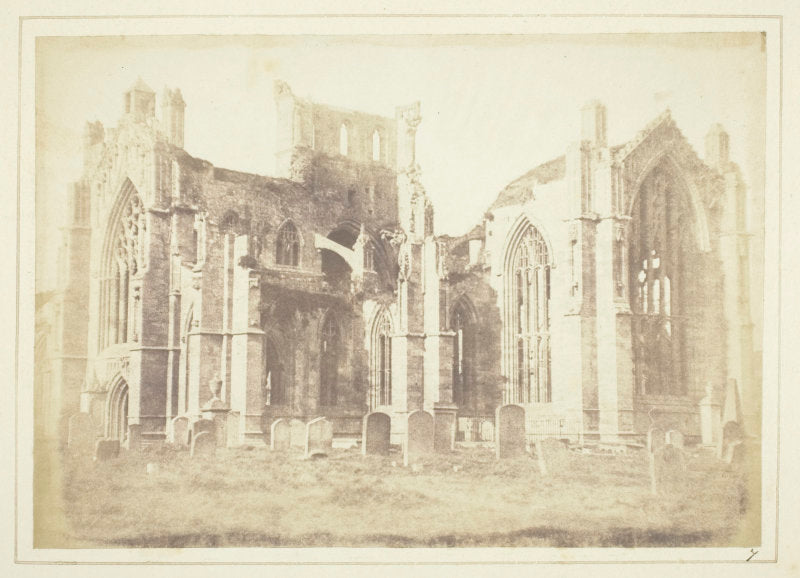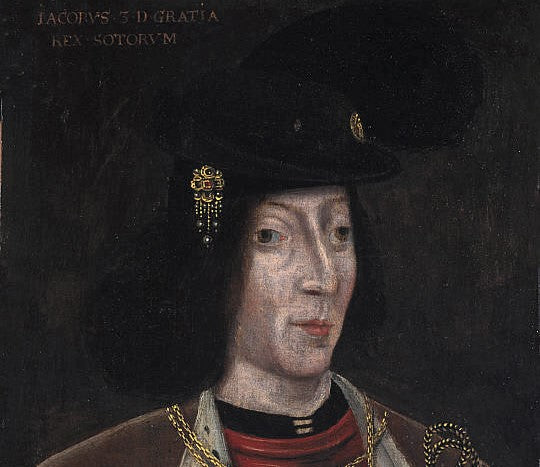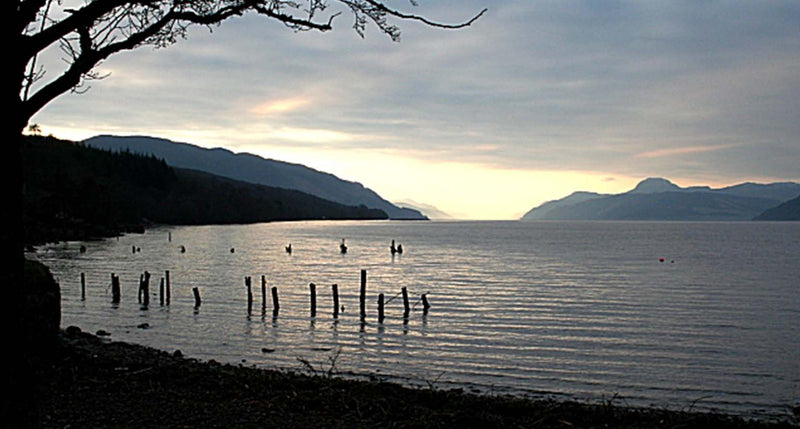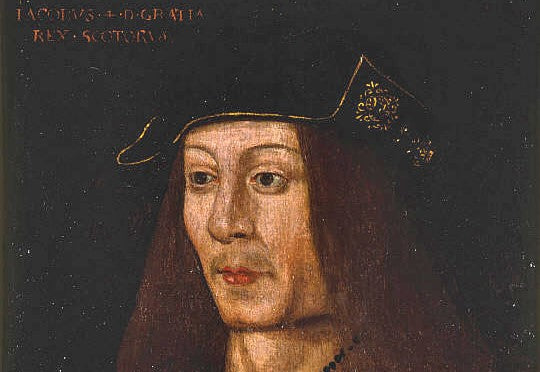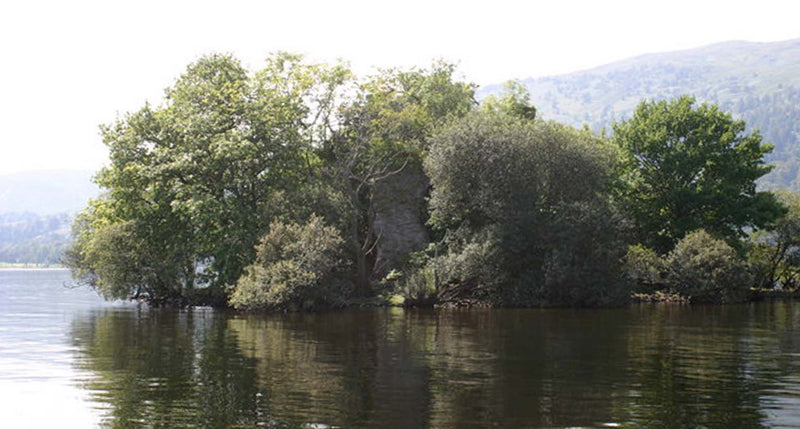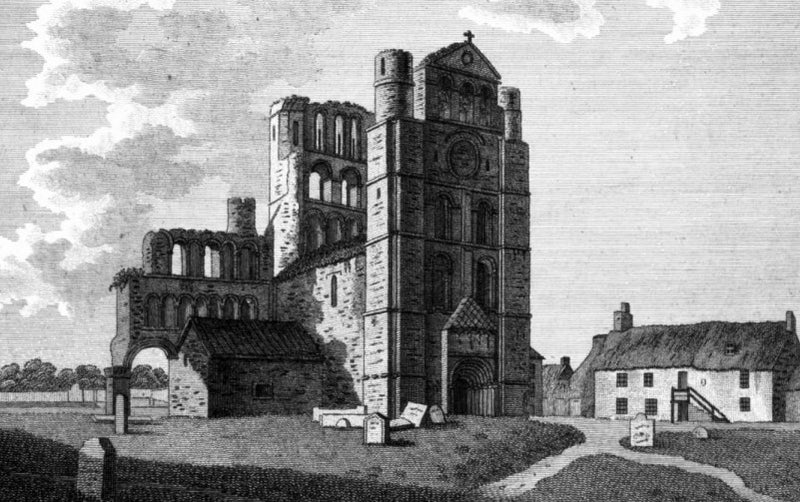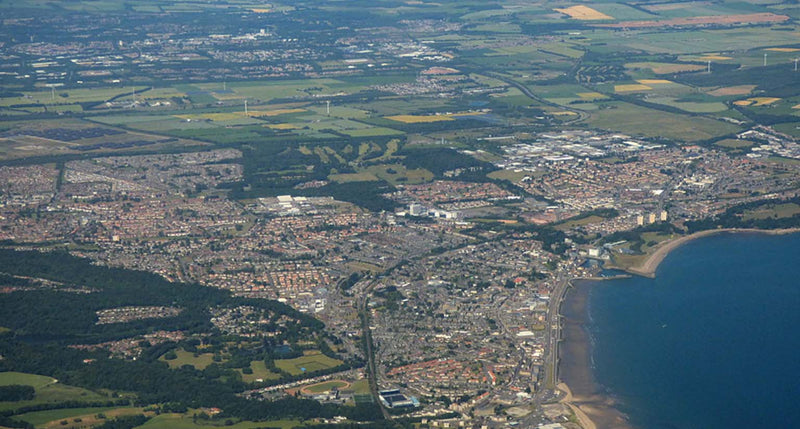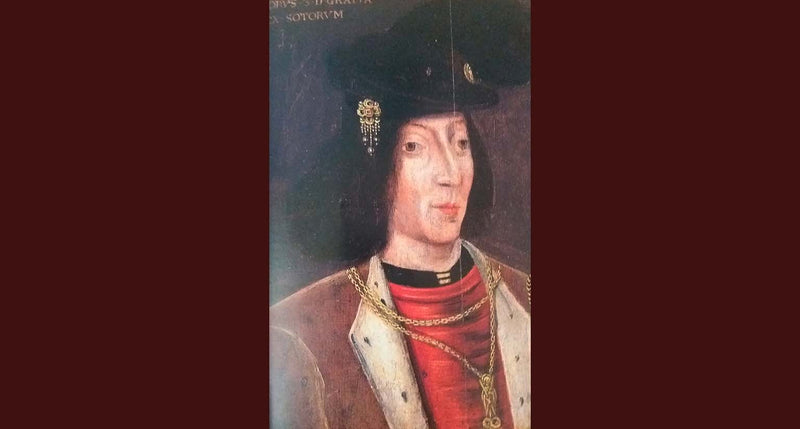The name Arbuthnot originates from the ancient lands of Arbuthnot in Kincardineshire. These lands came in to the possession of the Swinton family through the marriage of Hugh, to the daughter of Osbert Olifard (or Oliphant) ‘The Crusader’. THe lands were granted to Olifard by William the Lion around 1175 and the family adopted the […]
Category Archives: Clan History
Houston Tartans Houston Tartan The following tartans are also appropriate for this name: MacDonald Ancient MacDonald Modern MacDonald Weathered MacDonald Dress Ancient MacDonald Dress Modern
The name Adam was very popular in England in the 14th century, and was also found in Scotland at this time, although the first reference is to Adam, sub-prior of Melrose (photograph of Melrose Abbey, 1844, above) who became abbot of Cupar in 1196. Adam son of Adam was one of the witnesses to the […]
The first Cunningham is believed to have been a Flemish man named Wernibald, who took on the placename as his own when he received a grant of Kilmaurs in Cunningham, Ayrshire from Hugo de Morville, the Constable of Scotland, in 1140. Finlaystone House was the seat of the Cunninghams between 1399 and 1796. It’s now […]
There are several possible Gaelic origins for this name but the most likely is bheathain which means lively one. This could also have been renderd as Mac ic Bheatha which means MacBeth, a name which was very important in early Scottish history. When King Malcolm II of Scotland removed the MacBeth line from the Scottish […]
In 1492, John, 7th Thane of Cawdor, married the daughter of Kilravock, Isabel Rose. He died in 1494 while Isabel was pregnant. Kilravock decided that his new born grand-daughter should marry his own grandson, her first cousin, thereby keeping her inheritance in the Kilravock family. Cawdor Castle, near Nairn, was initially built in the 1400s […]
In the first centuries of Christian Scotland, the southern half of the country was separated into three individual kingdoms: Strathclyde (in which Glasgow now lies), Rheged, and Gododdin (in which Edinburgh now lies). The invasions by the Northumbrian English throughout the Dark Ages destroyed all social structure, including the Welsh language, which had been the […]
Chartres the Northern French city famous for its Gothic cathedral is claimed as the origin of this name. One of the sons of a Lord of Chartres was believed to have come over to England during the Norman conquests and it is believed that one of his descendants traveled north to Scotland with David I, […]
From the town of Kirkcaldy in Fife. Willilmus de Kyrcaudi was a cleric in Stirling in 1299, in 1331 there are records of money paid to John of Kirkcaldy, and in 1363 Andreas de Kirkcaldy was granted a pension of five merks a year by David II. The Kirkcaldy of Inchture line ended in 1396, […]
The surname Whitelaw, also seen as Whytelaw and Whytlaw, is of territorial origin, coming from the lands of Whitelaw, in the parish of Morebattle. In the parish of Bowden in Roxburghshire, there was also the barony of Whitelaw. In 1296, John de Wytelowe, of the county of Edneburk, pledged his allegiance to England’s Edward I […]

